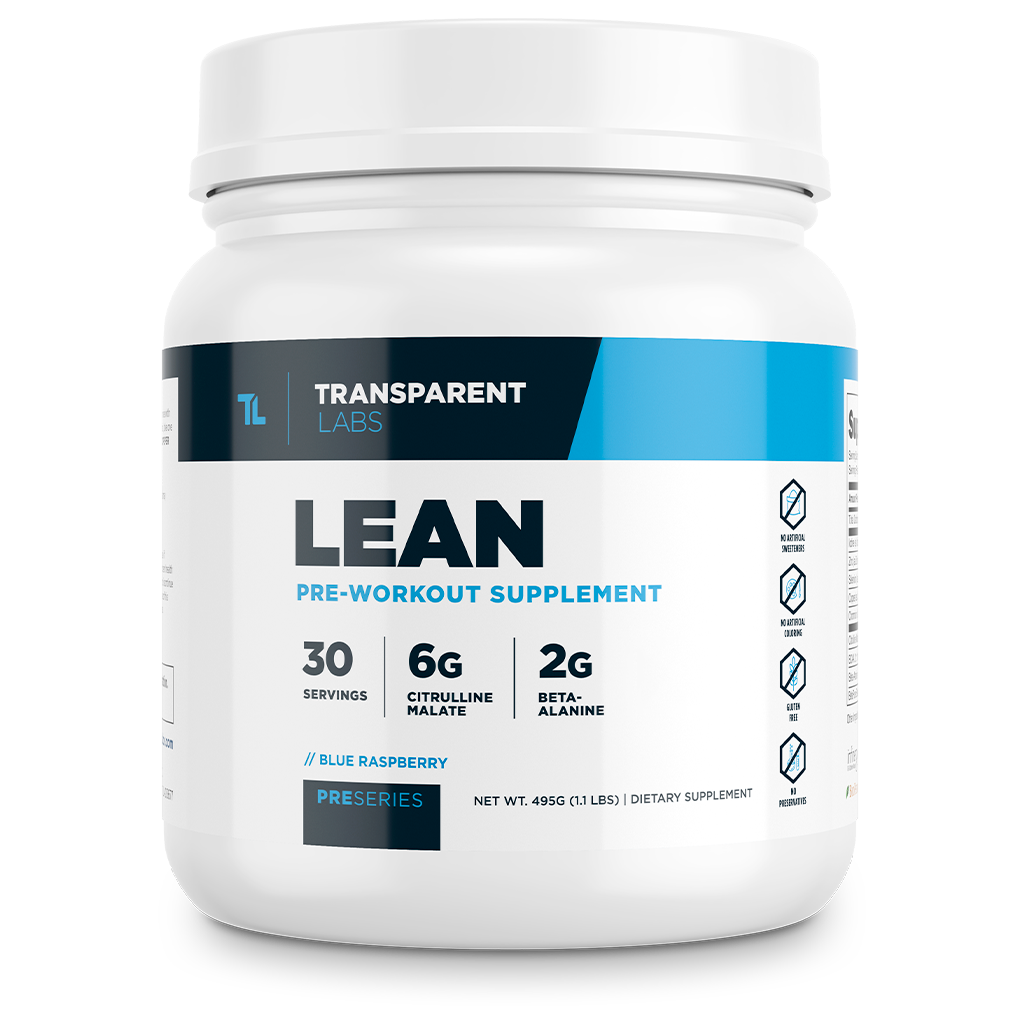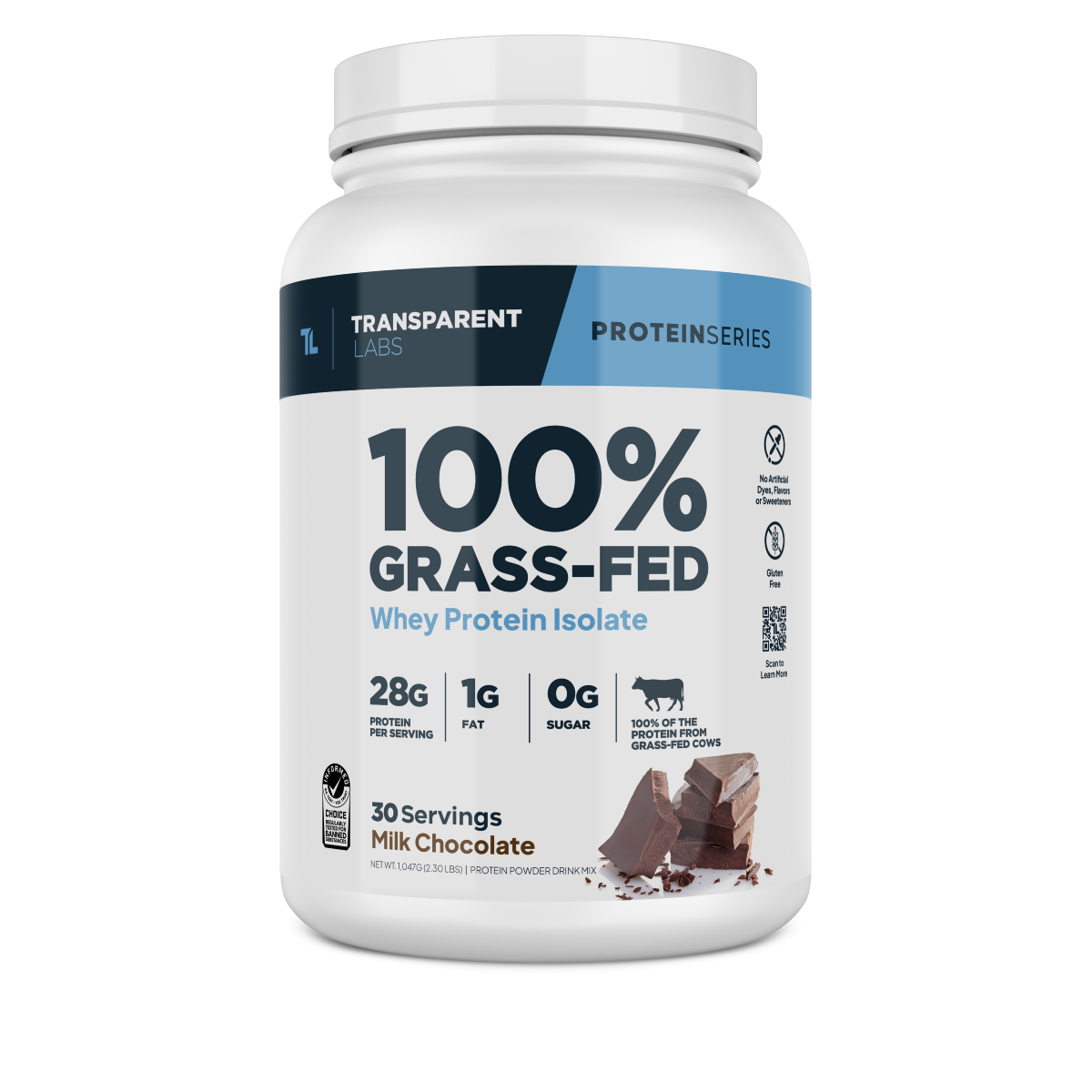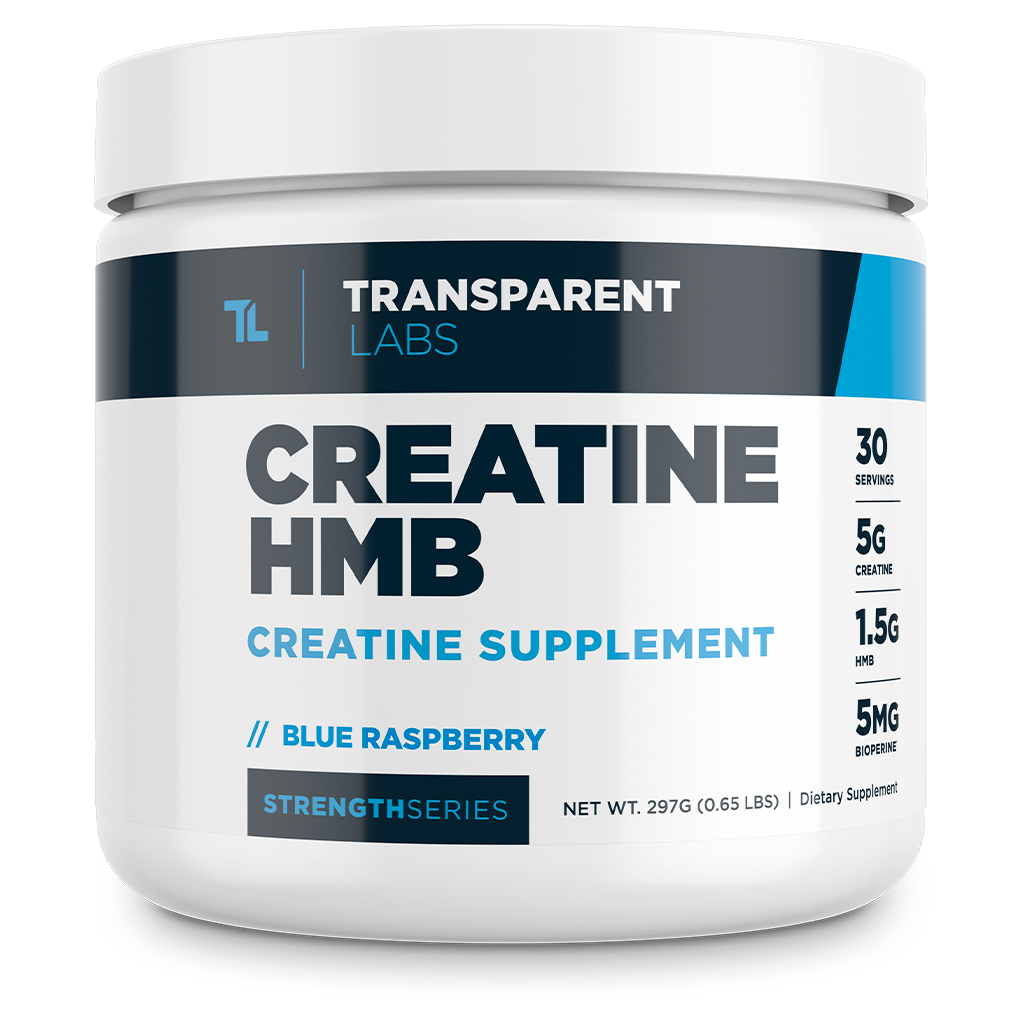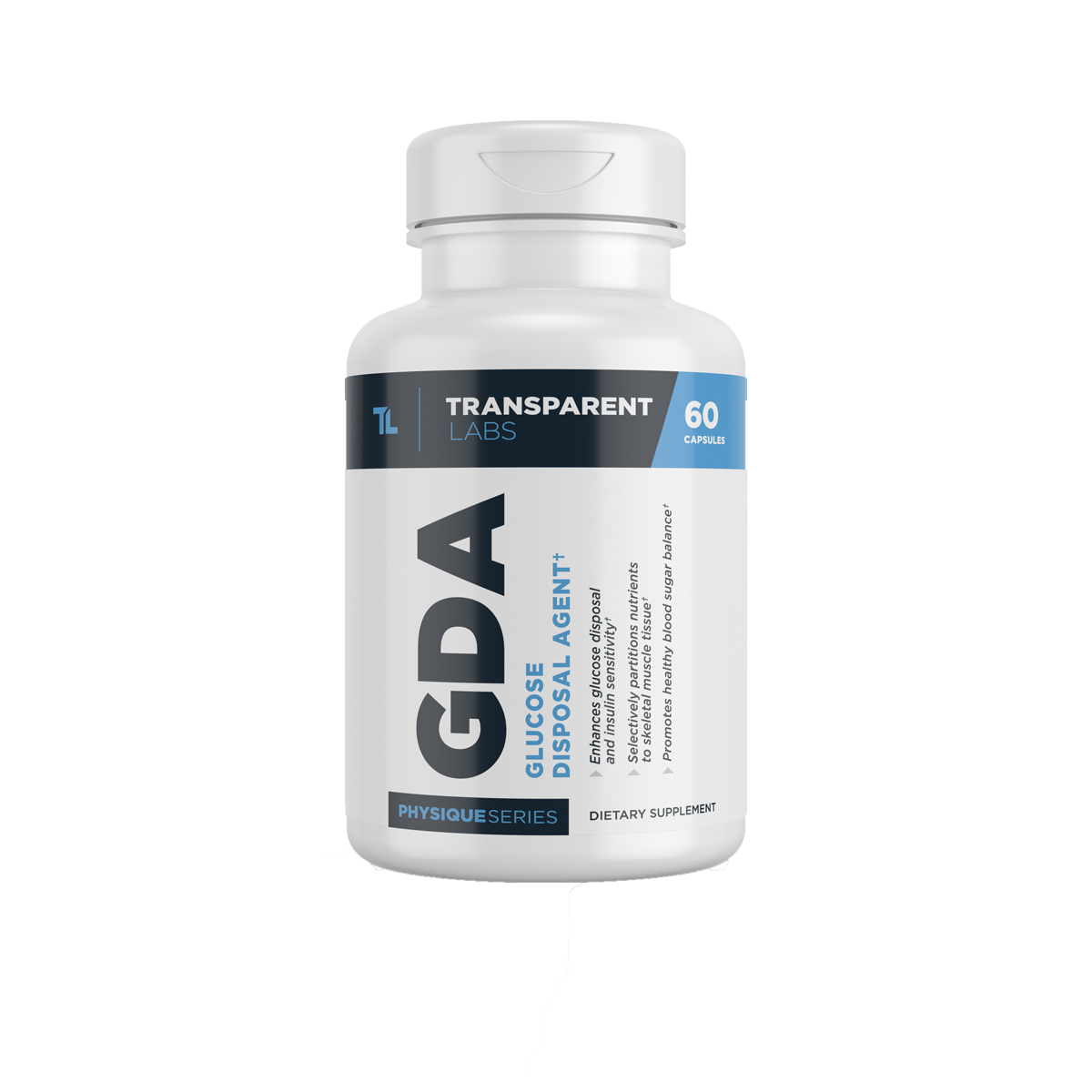What Is Insulin Resistance and How Do You Fix It?

Insulin Resistance: Can You Treat it Naturally?
Insulin (resistance) is frequently cited as a culprit for the climbing rates of obesity and type-2 diabetes — modern health epidemics that are commonly comorbid with each other (in other words, being obese significantly increases the risk of type-2 diabetes and vice versa) [1]. This has led researchers to coin the term "diabesity," which is a rapidly growing concern in many countries, especially the United States [2].
However, it's a bit careless to use insulin — a peptide hormone essential to our biological function — as the scapegoat for diabesity. While insulin resistance is synonymous with pre-diabetes, insulin itself isn't the problem — diet and lifestyle choices are.
But what exactly is insulin? What does "insulin resistance" mean? Should people with type-2 diabetes follow a very-low-carb diet, like the ketogenic diet? Read on as we clear up some prevalent misconceptions about insulin and its alleged culpability for metabolic diseases.
What is Insulin Resistance?
Insulin is a peptide hormone produced by beta cells in the pancreas — a corn-cob-shaped organ that lies adjacent to the small intestine (behind the stomach). The primary role of insulin is regulating blood glucose homeostasis (the technical term for "blood sugar levels"). Insulin does this by binding to receptors on the surface cells, which activates a cascade of cellular processes that shuttle glucose from the bloodstream into the interior compartment of cells.

Once glucose is inside cells, it can be converted to chemical energy (ATP) via glycolysis. Alternatively, excess glucose can be stored as glycogen in the liver and muscle tissue or used as a precursor for fatty acid synthesis. Hence, overconsuming carbohydrates can lead to body fat gain, especially if you're insulin resistant.
Insulin resistance is a medical condition (syndrome) characterized by the diminishing responsiveness of cells to insulin's actions and high blood sugar levels. The resulting chronic hyperglycemia causes debilitating symptoms such as headaches, irritability, lethargy, shaking, and lightheadedness.
What Causes Insulin Resistance?
Arguably the two most prominent risk factors of insulin resistance are excess sugar consumption and leading a sedentary lifestyle [3]. In some cases, insulin resistance may manifest from genetic abnormalities and drug use.
When left unmitigated, insulin resistance causes the pancreas to work "overtime" to reduce blood glucose levels. Consequently, insulin production increases in the short term, but so does blood sugar.
If this continues long enough, pancreatic beta cells lose their capacity to produce insulin altogether [4]. At this point, insulin resistance transitions into full-on type-2 diabetes (sometimes misnomered as "adult-onset diabetes" even though it's not age-dependent).
Is Insulin to Blame for Type-2 Diabetes and Obesity?
Obesity and type-2 diabetes collectively afflict over 1 billion people globally, and the rates continue to climb exponentially every decade that passes [5]. These health conditions perpetuate across generations due to vicious cycles ingrained in our lifestyles.
Adults set examples for children and adolescents. Thus, overweight parents that consume copious amounts of sugar-laden, processed foods are more likely to have kids that do the same.
Consequently, poor nutritional habits and deleterious lifestyle choices carry over from adults to their children, creating a vicious cycle within the family. There is also evidence that obese type-2 diabetic adults genetically predispose their offspring to insulin resistance and type-2 diabetes [6].

It may seem intuitive that insulin resistance is to blame for type-2 diabetes and obesity, but the real problem is what led the body to resist the normal physiological effects of insulin in the first place. Insulin in and of itself is not a "bad hormone" by any stretch of the imagination. Quite the opposite, actually. Aside from being one of the most potent anabolic peptide hormones in the body, insulin is necessary for a range of metabolic processes [7].
Naturally, when cells no longer respond to insulin the way they should, problems arise.
How to Treat Insulin Resistance: Are Low-Carb Diets Best?
You might scoff at the notion that eating more fat can help you lose weight and reverse insulin resistance (and type-2 diabetes). Understandably, most people think eating fat makes us fatter (it doesn't, in most cases). In reality, any macronutrient can make us gain weight if we consume too many calories.
Since the body loses responsiveness to the blood sugar-lowering effects of insulin as resistance increases, a very-low-carb diet like keto or the carnivore diet may seem like the sensible choice. Yet, the evidence that low-carb, high-fat diets are superior to a balanced calorie-controlled diet for reversing insulin resistance/type-2 diabetes remains controversial [6, 7].
Some research shows positive effects of a very-low-carb ketogenic diet on blood glucose regulation and insulin sensitivity compared to a low-fat, high-carb diet [8]. However, these studies often have experimental design flaws, notably a lack of calorie restriction for the control diets and relying on take-home food diaries to estimate energy and macronutrient intake.
In addition, other data demonstrates that positive changes in metabolic parameters after following a low-calorie, moderate-carbohydrate diet are commensurate with those of a very-low-carb diet [9, 10]. Thus, it's tough to reconcile clinical evidence with the theory that a keto diet is the outright best way to reverse insulin resistance.
What's the Best Diet for Weight Loss and Reversing Insulin Resistance?

Not surprisingly, a recurring theme of virtually every diet that has been shown to improve blood glucose and blood lipid profiles is that they all:
- Contain a generous amount of protein (e.g. 25-30% of total calorie intake).
- Include multiple servings of plant-based foods per day.
- Are calorie-restricted.
There are several likely reasons for these commonalities, the obvious one being that energy balance dictates weight loss and weight gain [11]. And guess what? Being lean tends to increase insulin sensitivity naturally [12].
Also, protein (per gram) is more satiating and has a higher thermic effect of feeding than fat and carbohydrates [13]. In other words, your body burns more energy to digest and assimilate protein than it does carbs and fat, and it keeps you fuller for longer — a win-win for those trying to lose weight and reverse insulin resistance.
Lastly, plant-based foods, especially prebiotic greens, are rich in antioxidants and fiber. People who eat at least five servings of fresh veggies per day tend to live longer and are less likely to develop cardiometabolic diseases than those who don't [14].
The Best Diet is the One You Stick To!
The human body is an intricate machine, and what works best for one person might not necessarily do the same for others [15]. And yes, that sentiment is grounded in science.
Ultimately, the "best diet" is the one you can stick to while achieving your health and fitness goals. For some, that may very well be a keto diet; for others, it might be a higher-carb, lower-fat diet.
The main things for those who face insulin resistance are to monitor blood sugar levels throughout the day and control portion sizes, always being sure to include a complete protein source and, ideally, fibrous vegetables with each meal. The same goes for physical activity, particularly high-intensity training like weight lifting and interval workouts [16].
Naturally, eating plenty of protein is essential to encourage lean muscle growth and retention as part of an exercise regimen. If you struggle to eat enough protein daily, supplementing with a quality protein powder is generally wise. Transparent Labs offers plant-based vegan protein powder, grass-fed whey protein, and grass-fed casein protein to accommodate all diets.





